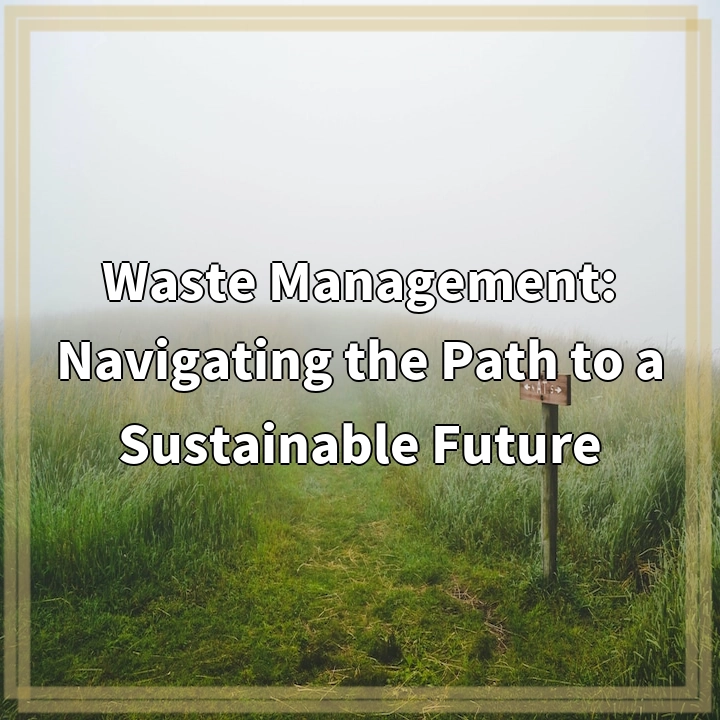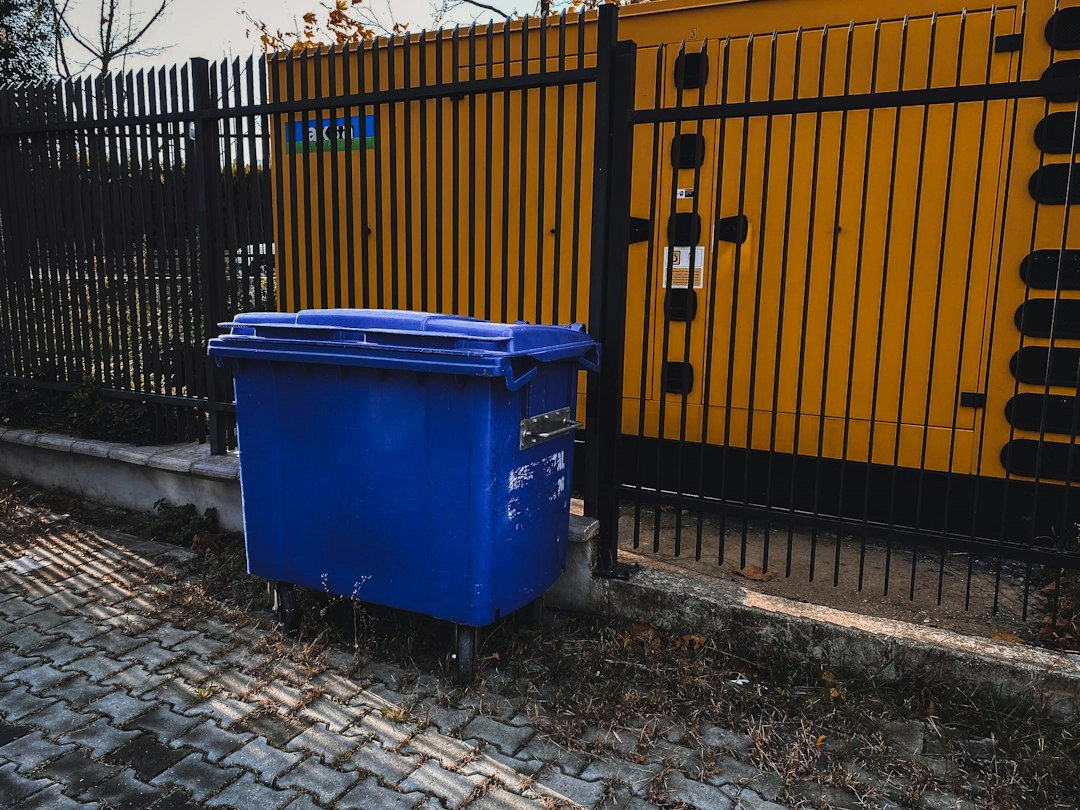
What is Waste Management?
Waste management refers to the practices, processes, and strategies employed to handle, collect, transport, treat, and dispose of different types of waste in ways that minimize their negative impacts on the environment and human health. It involves effective waste reduction, recycling, and proper disposal methods.
Real-World Problems Associated with Waste Management
1. Increasing Amounts of Waste
One of the major challenges in waste management is the escalating quantities of waste generated globally. Rapid population growth, urbanization, and consumer-driven economies have contributed to an alarming rise in waste production. This puts immense strain on existing waste management systems, leading to overflowing landfills and inadequate resources to handle the growing quantities of waste.
2. Improper Waste Disposal
Inadequate waste disposal practices, such as open dumping and burning, pose significant environmental and health hazards. These methods can release harmful pollutants into the air, soil, and water, contributing to air pollution, soil contamination, and water pollution. Improper disposal also poses risks to wildlife and ecosystems.
3. Limited Recycling Infrastructure
While recycling plays a vital role in waste management, many regions lack adequate recycling infrastructure. Insufficient collection systems, lack of recycling facilities, and limited awareness about the importance of recycling hinder efforts to divert waste from landfills. This results in valuable materials being improperly discarded and wasted.
4. Health Risks and Social Inequities
Improper waste management can have severe health impacts on communities, particularly those living in close proximity to landfills, incinerators, or waste disposal sites. Exposure to toxic substances and pollutants from waste can lead to respiratory problems, skin issues, and other health conditions. Moreover, marginalized communities often bear a disproportionate burden of waste-related hazards, exacerbating social inequities.
5. Lack of Circular Economy Approaches
The linear “take-make-dispose” model that predominates in many societies contributes to resource depletion and wastefulness. Embracing a circular economy approach in waste management involves adopting practices that prioritize waste prevention, reuse, and recycling. However, the transition to a circular economy requires significant systemic changes and shifts in consumer behavior.
Addressing these real-world problems associated with waste management requires efforts from individuals, communities, governments, and industries. By implementing sustainable waste management practices, supporting recycling initiatives, and promoting waste reduction, we can pave the way towards a future where waste is minimized, resources are preserved, and the environment is protected.

Solutions for Sustainable Waste Management
1. Implementing Waste Reduction Strategies
One of the key solutions is to focus on waste reduction at the source. This involves promoting practices such as conscious consumption, reusing items, and avoiding single-use products. By reducing the amount of waste generated, we can alleviate the burden on waste management systems.
2. Enhancing Recycling Infrastructure
Developing and improving recycling infrastructure is essential to divert recyclable materials from landfills. Communities should invest in effective collection systems, establish recycling centers, and educate individuals about proper recycling methods. By increasing recycling rates, valuable resources can be conserved and given a new life.
3. Investing in Advanced Waste Treatment Technologies
Exploring and implementing advanced waste treatment technologies, such as anaerobic digestion and waste-to-energy systems, can help reduce the volume of waste requiring final disposal. These technologies can generate renewable energy sources, such as biogas, while minimizing environmental impacts.
4. Promoting Extended Producer Responsibility
Adopting extended producer responsibility (EPR) frameworks can encourage manufacturers to take greater responsibility for the products they create. EPR programs can hold producers accountable for managing the end-of-life disposal of their goods, incentivizing design for recyclability and reducing waste generation.
5. Educating and Raising Awareness
Education and awareness campaigns play a crucial role in encouraging responsible waste management practices. By informing individuals about the environmental and health impacts of improper waste disposal, communities can foster a culture of waste reduction, recycling, and responsible consumption.
By implementing these solutions and fostering a collective commitment to sustainable waste management, we can mitigate the real-world problems associated with waste and move towards a more sustainable future, where waste is minimized, resources are preserved, and the environment is protected.















